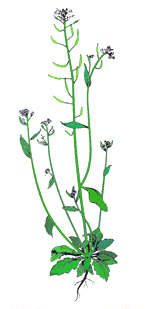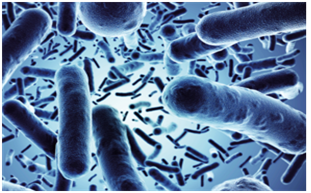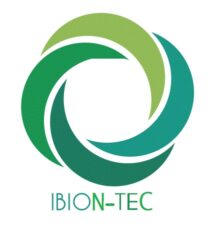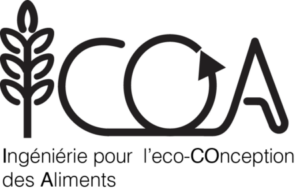Montpellier's Master's degree in Biology and Agrosciences covers a wide range of training courses in life sciences applied to agronomy and agrosciences, from Plant Biology, their interactions with the abiotic and biotic environment and Plant Experimentation, or the Biology of Microorganism-Host Interactions, to Biotechnologies and Process Engineering for food and non-food processing of Agroresources. Teacher-researchers and researchers from the Biology-Agrosciences research field, which is particularly rich in Montpellier, are heavily involved in the pedagogical management, organization and teaching of this Master's program, one of the features of which is its strong research base.
The Master in Biology and Agrosciences is co-accredited by Montpellier University and the Institut Agro de Montpellier. The biologists trained by this Master's program will also be able, at the interfaces of Research and Development, to acquire either the skills to become a top-level researcher or those of a Master-engineer able to adapt rapidly to the industrial world.
The scientific fields covered by the Biology and Agrosciences Master's degree are plant sciences, microbiology, the environment, bioengineering and bioprocesses, combining a wide range of skills, from biochemistry, molecular and cellular biology, ecophysiology and microbial ecology, through physiology and integrative biology, to biotechnologies and process engineering. This Master's program draws on the research strengths of the Montpellier site:
- one of the two poles, along with Ile de France, where most of the Plant Science research effort is concentrated,
- a continuum of laboratories working from plant biology to the study of interactions between microorganisms and their hosts, whether plants or animals, as demonstrated by the emergence of a Microorganism-Host Interactions network,
- a strong food-processing sector, with research teams working in the fields of microbiological product quality, food safety, biological traceability and process engineering.
Bringing together such research strengths in these 3 fields on a single site opens up exceptional opportunities to follow a Master's course based on scientific research.
The Master's degree in Biology and Agrosciences trains managers in research, diagnosis, intervention and education in the fields of Plant Sciences, Microbiology, Biotechnologies and Bioprocesses in the broadest sense, including..:
- plant biology: functional biology of plants at different levels of approach, functional genomics, adaptation of plants to the environment, ecophysiology, plant-microorganism interactions, translational biology towards tropical plants of interest, plant biotechnologies;
- functional microbiology and microbial ecology: interactions between microorganisms and their hosts (humans, animals, plants), control and management of transmissible, emerging or non-emerging diseases of environmental, food, vector, animal or plant origin, the place and role of microorganisms in natural and anthropized environments;
- biotechnologies and nano-biotechnologies: diagnostic and detection tools for traceability (medical, agronomic, food, etc.);
- Food and environmental bioengineering: food science, food processing and preservation, process engineering for business and competitiveness, quality and quantity management of agro-resources.
Since September 2022, the Biology and Agrosciences Master's program has also offered a " Plant and Microbiological Sciences for the Agro-environment " pathway (shortened to "Plants and Microbes") from the IDIL program, which is even more focused on a supervised individual research program, with teaching in English and an openness to multi-disciplinarity.
ROUTES







